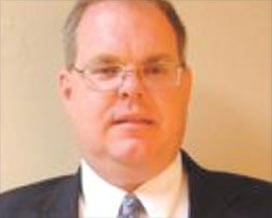Hearing loss often happens gradually. By the time a person notices they have a problem, irreparable damage may already have occurred on vital parts of their ear. Unfortunately, loud noise is part of the daily grind for workers in various industries, putting them at a high risk of developing a hearing impairment.
Is your job harming your hearing?
Sirens, leaf blowers, and motorcycles are a few everyday sources of noise above the 70dB threshold, where discomfort can occur after just a few minutes. Now, imagine enduring such levels for an hour or longer. Just two hours of exposure to power tools, such as a leaf blower, can already be damaging.
But what about those who are constantly surrounded by such noise? Whether it’s the relentless buzz of a hairdryer, the piercing wail of sirens or the deafening blast of firearms, numerous jobs come with an elevated risk of hearing impairment.
The most common occupations linked to hearing loss include:
- Construction workers
- Factory workers
- Airport ground staff
- Farmers
- First responders
- Airport ground staff
- Dental workers
- Musicians
- Teachers
- Miners
Is hearing loss covered by workers’ compensation?
Workers who develop occupational hearing loss may need surgery or medication to manage their condition. In some cases, this hearing loss may become a permanent disability that drastically affects their quality of life.
Employees with work-related injuries or diseases in Missouri are entitled to workers’ compensation benefits. Those who experience hearing loss due to their jobs can file a claim, but they must meet specific criteria to qualify for workers’ compensation. Not all types of hearing loss are eligible. An attorney can help assess the situation, provide legal advice and represent the worker if necessary.
If you work in one of these high-risk occupations and notice signs of hearing loss, consider seeking medical attention. Early prevention and detection may safeguard your health and well-being.


